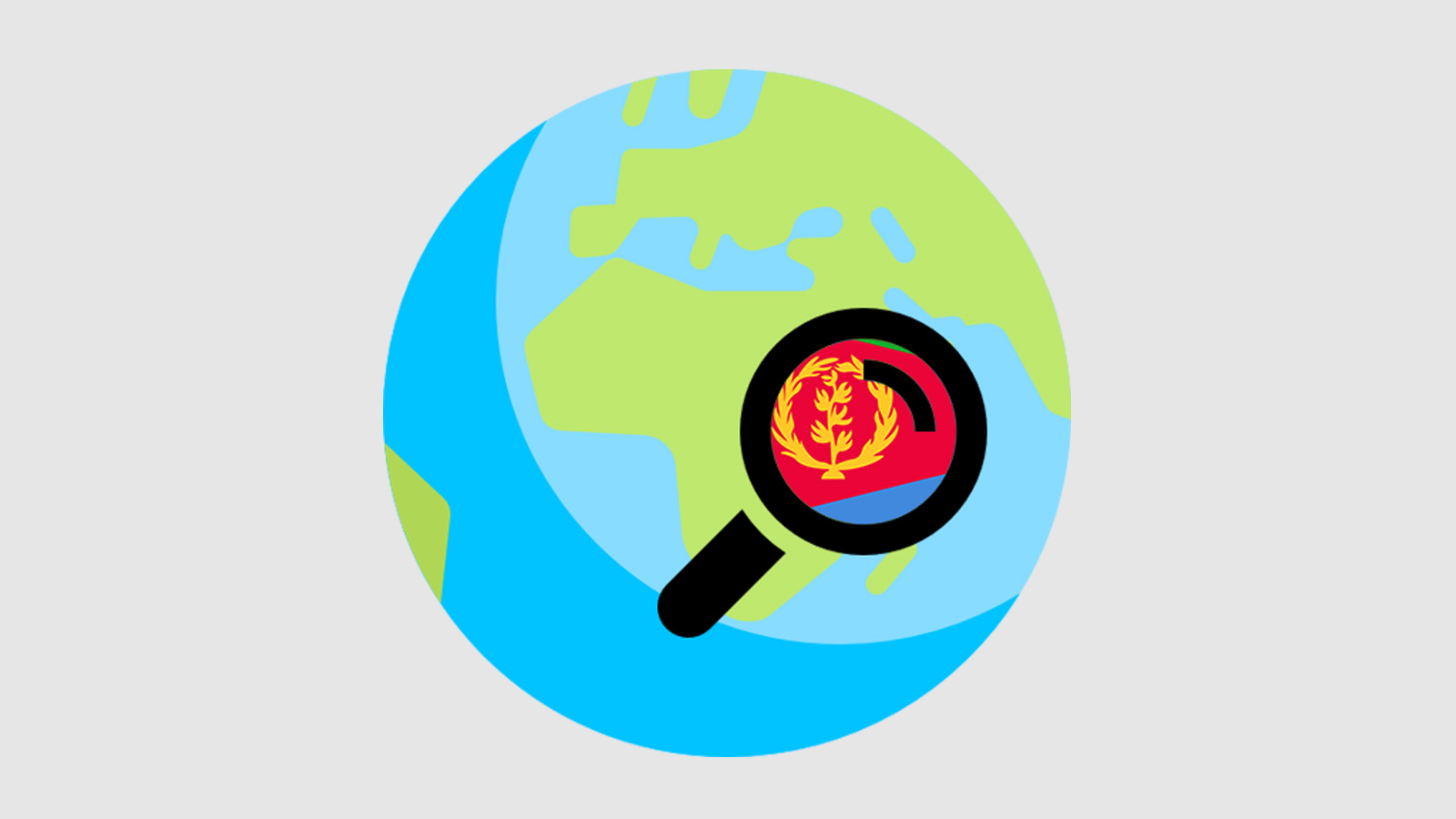Ahead of the 47th session of the UN Human Rights Council (21 June-15 July 2021), a group of 35 Eritrean, African and international NGOs urge all states to support the adoption of a resolution extending the mandate of the Special Rapporteur on the human rights situation in the country.
As Eritrea completes its first term as a member of the Council (2019-2021), its government shows no willingness to address the grave human rights violations and abuses UN bodies and mechanisms have highlighted or to engage in a serious dialogue with the international community, including on the basis of the “benchmarks for progress” identified by the Special Rapporteur in 2019.
Ongoing violations include widespread impunity for past and ongoing human rights violations, conscription into the country’s abusive national service system, restrictions on the media and media workers, and severe restrictions on civic space. Furthermore, Eritrean forces are credibly accused of being responsible for grave violations in Ethiopia’s Tigray region, some of which may amount to crimes under international law, since the beginning of the conflict in November 2020.
The letter details all these and makes the case for continued scrutiny of Eritrea’s human rights situation, through monitoring and public reporting to the Council, by both the Special Rapporteur and the UN High Commissioner for Human Rights.
Read the letter in English or in French (version française).

